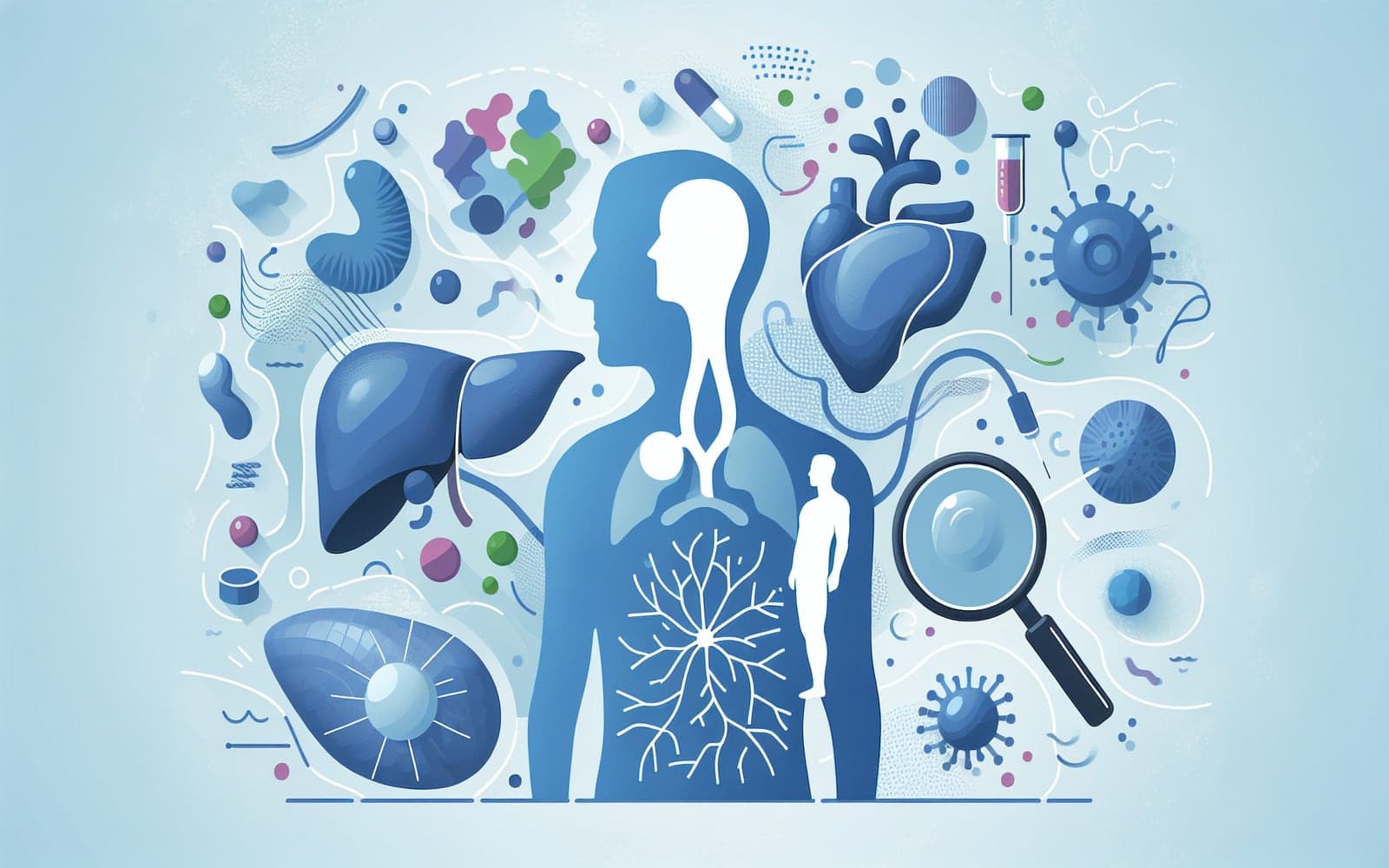Is Alcohol Secretly Harming Your Liver? Discover the Signs!
Published: Dec 15, 2023
Alcohol can quietly damage your liver, progressing from mild to severe conditions. Learn how to identify the signs of alcohol-associated liver disease (ALD) before it's too late.
Contents
Understanding Alcohol-Related Liver Damage
ALD encompasses a range of liver damage caused by alcohol, from fatty liver (steatosis) to severe scarring (cirrhosis). Many people with harmful drinking habits may not show symptoms until the disease is advanced. Steatosis refers to fatty changes in the liver, while cirrhosis indicates severe liver damage with the presence of scars and can be life-threatening.
Who Is at Risk?
The primary risk factor for ALD is consuming alcohol above safe limits, typically over two drinks daily for women and three for men. Not everyone who drinks heavily will develop ALD, as genetic and lifestyle factors also play a role. Other risks include obesity, smoking, and certain genetic predispositions.

Spotting the Symptoms
Symptoms of ALD can be sneaky, ranging from fatigue to serious complications like jaundice or abdominal swelling. Often, the disease is discovered during routine tests when elevated liver enzymes are noted. Advanced symptoms may include confusion due to hepatic encephalopathy or bleeding due to portal hypertension.
Frequently Asked Questions
It's liver damage caused by excessive alcohol use, ranging from fatty liver to cirrhosis.
Those who drink heavily, especially women drinking over 2 drinks daily and men over 3.
Yes, many people have no symptoms until the disease is advanced.
Yes, genetics and lifestyle can also influence the risk of ALD.
Key Takeaways
Understanding and recognizing the signs of ALD could save your life.
Speak with Doctronic today to learn more about protecting your liver health.Related Articles
References
Singal AK, Mathurin P. Diagnosis and Treatment of Alcohol-Associated Liver Disease: A Review. JAMA 2021; 326:165.
Wong T, Dang K, Ladhani S, et al. Prevalence of Alcoholic Fatty Liver Disease Among Adults in the United States, 2001-2016. JAMA 2019; 321:1723.
Always discuss health information with your healthcare provider.

